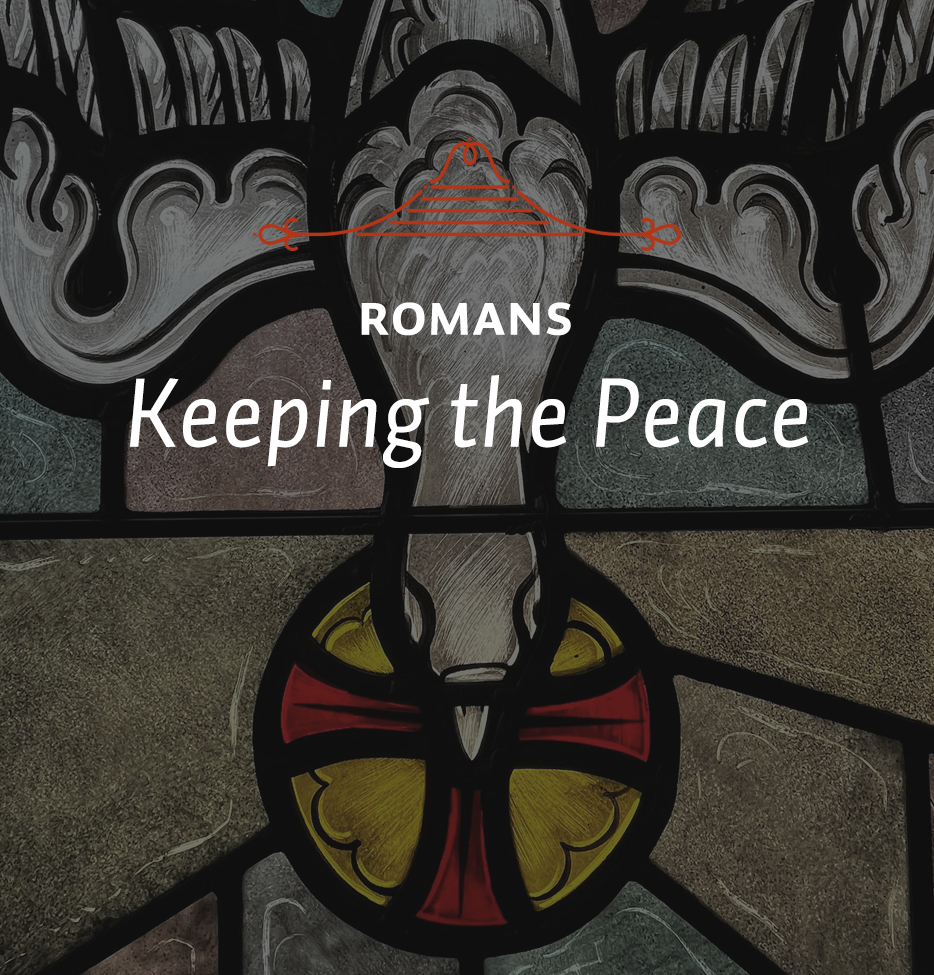Whenever the subject of peace comes up Christians tend to get a bad rap, because the people discussing it think immediately of realities such as the Crusades of the Middle Ages or Protestants fighting Catholics in Northern Ireland today, or anything similar. We are supposed to be people of peace. Jesus is the “Prince of Peace” (Isa. 9:6). Yet Christianity seems to go hand in hand with political disruptions, internecine strife and war.
These associations are not entirely fair. The Crusades were not really Christian. And in any case, they are only examples of the thousands of wars that have scarred the face of human history. One writer has estimated that in the last 4,000 years of human history there have only been three hundred years of peace. Human nature is a vindictive thing, and the fights in which Christians have been involved are merely examples of the innumerable battles that have divided and continue to divide nations, races, families and people of all backgrounds, beliefs and dispositions.
Yet there is some truth to the complaint that Christians have not always been a peace-loving people. As far as wars among nations go, well, that is not always in our control; in fact, it very seldom is. But what about the battles that have divided Christians from Christians? In 1054 the Eastern Orthodox Church divided from the Catholic Church over one word in the Nicene Creed, filioque. It means “and the Son,” and it had to do with whether it is right to say that the Holy Spirit proceeds “from the Father and the Son” or whether the Holy Spirit proceeds only “from the Father.”
The leaders of the Reformation divided over how Jesus was present in the communion service, Martin Luther insisting on a literal physical presence (“This is my body,” Matt. 26:26) and Zwingli on a mere remembrance (“Do this in remembrance of me,” Luke 22:19).
And what of today? One writer tells of a crossroads in a small town where there were churches on three of the four corners. When a stranger asked what churches they were he was told, “Well, that one is United Presbyterian. This one is Reformed Presbyterian. And this one,” pointing to the third, “is for Presbyterians who are neither united nor reformed.”
Some divisions are based on important matters of theology and practice, of course. But many are not, and the self-righteous, antagonistic, fighting spirits that lie behind these unnecessary divisions and perpetuate them are a scandal among those who profess to follow Jesus Christ. Jesus said, “Blessed are the peacemakers” (Matt. 5:9). He asserted, “All men will know that you are my disciples if you love one another” (John 13:35).
Paul gets to this important matter in Romans 12, when he says, “If it is possible, as far as it depends on you, live at peace with everyone. Do not take revenge, my friends, but leave room for God’s wrath, for it is written: ‘It is mine to avenge; I will repay,’ says the Lord. On the contrary:
If your enemy is hungry, feed him; if he is thirsty, give him something to drink. In doing this, you will heap burning coals on his head.”
These are important statements about what it means to be a peacemaker, the more so because it is the first time in the letter that Paul has discussed the subject of peace between human beings. He has discussed what it means to have peace with God, of course (Rom. 5:1). But this is the first consideration of what it means to be a peacemaker. And this is to be taken seriously. Christians are to be people who live peacefully.






